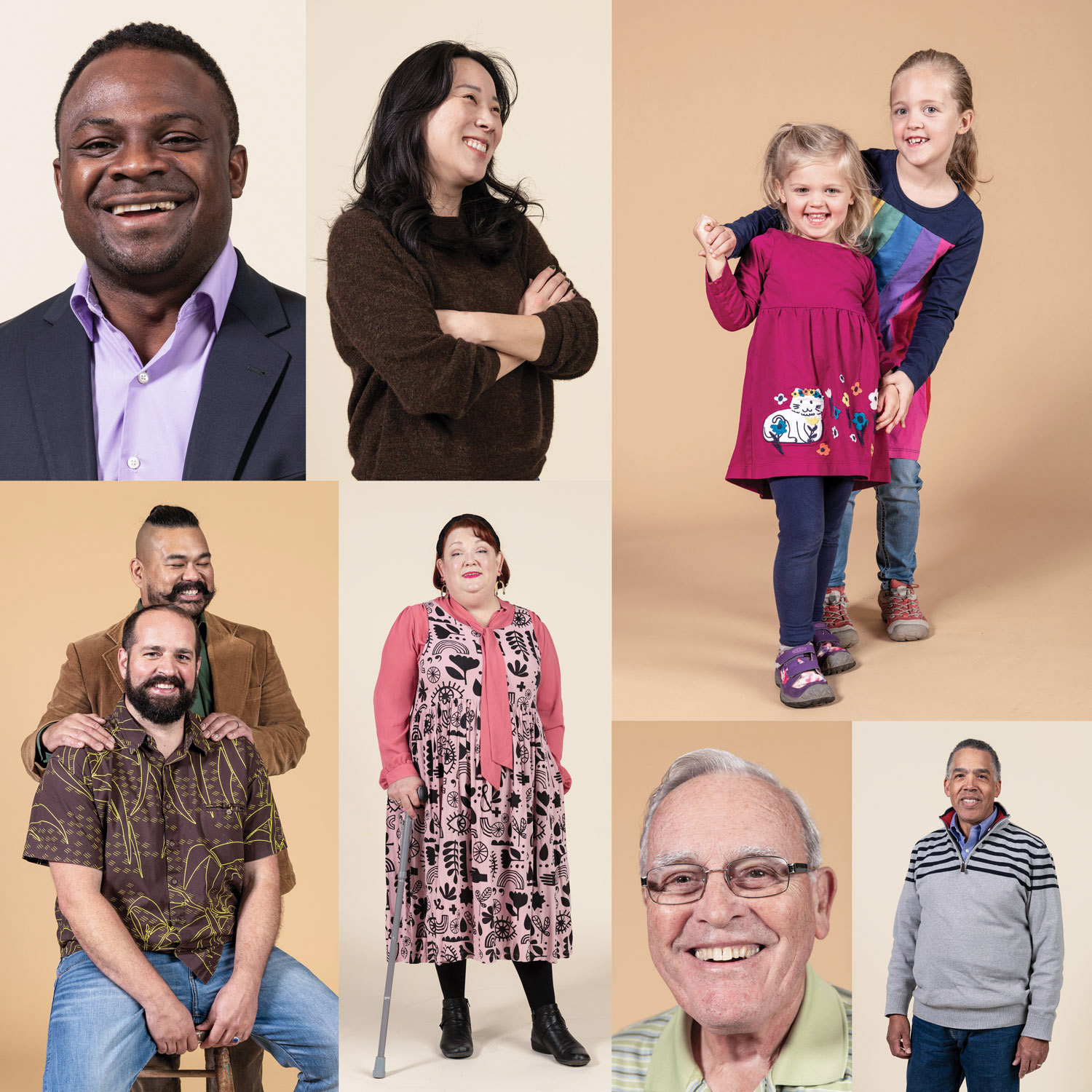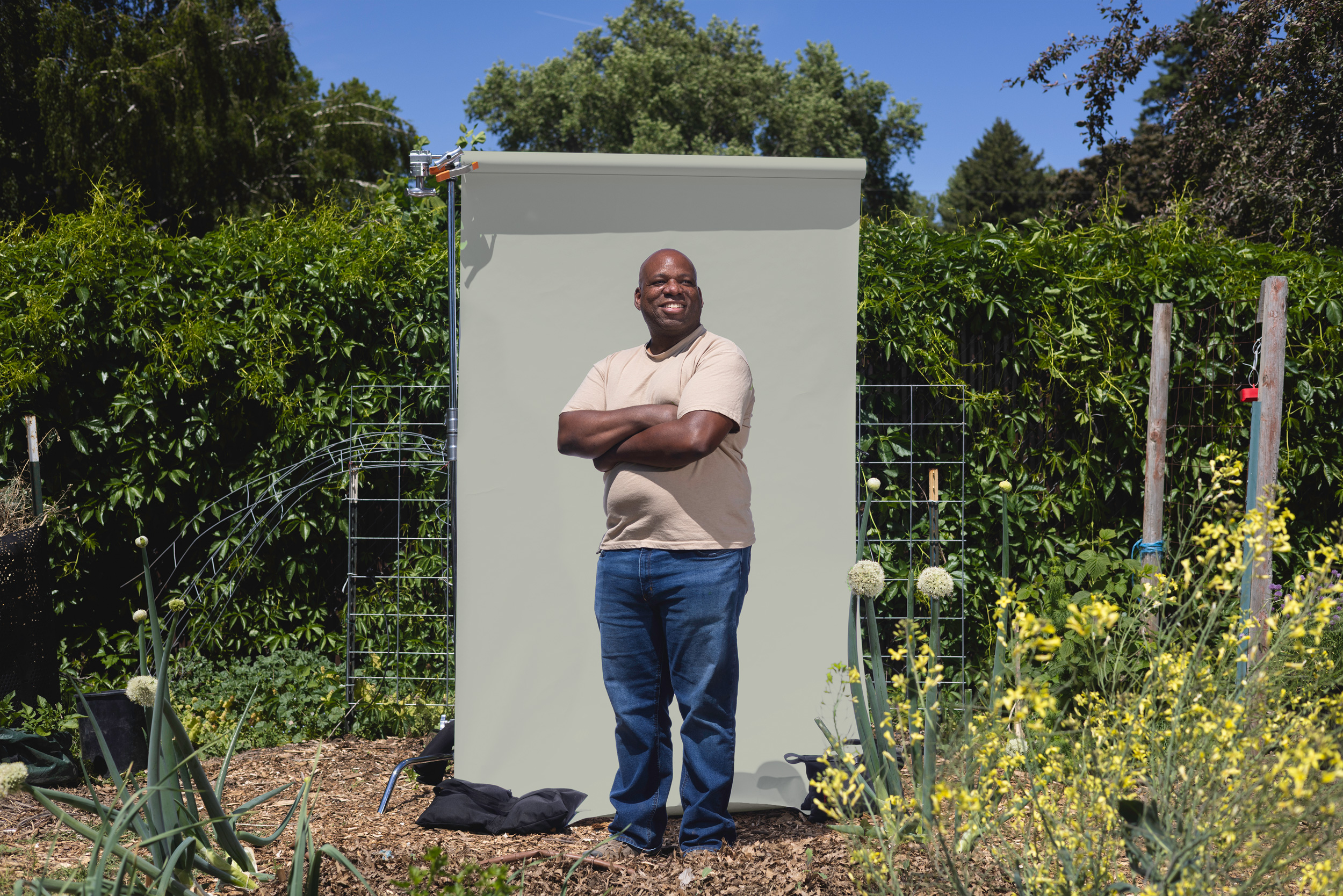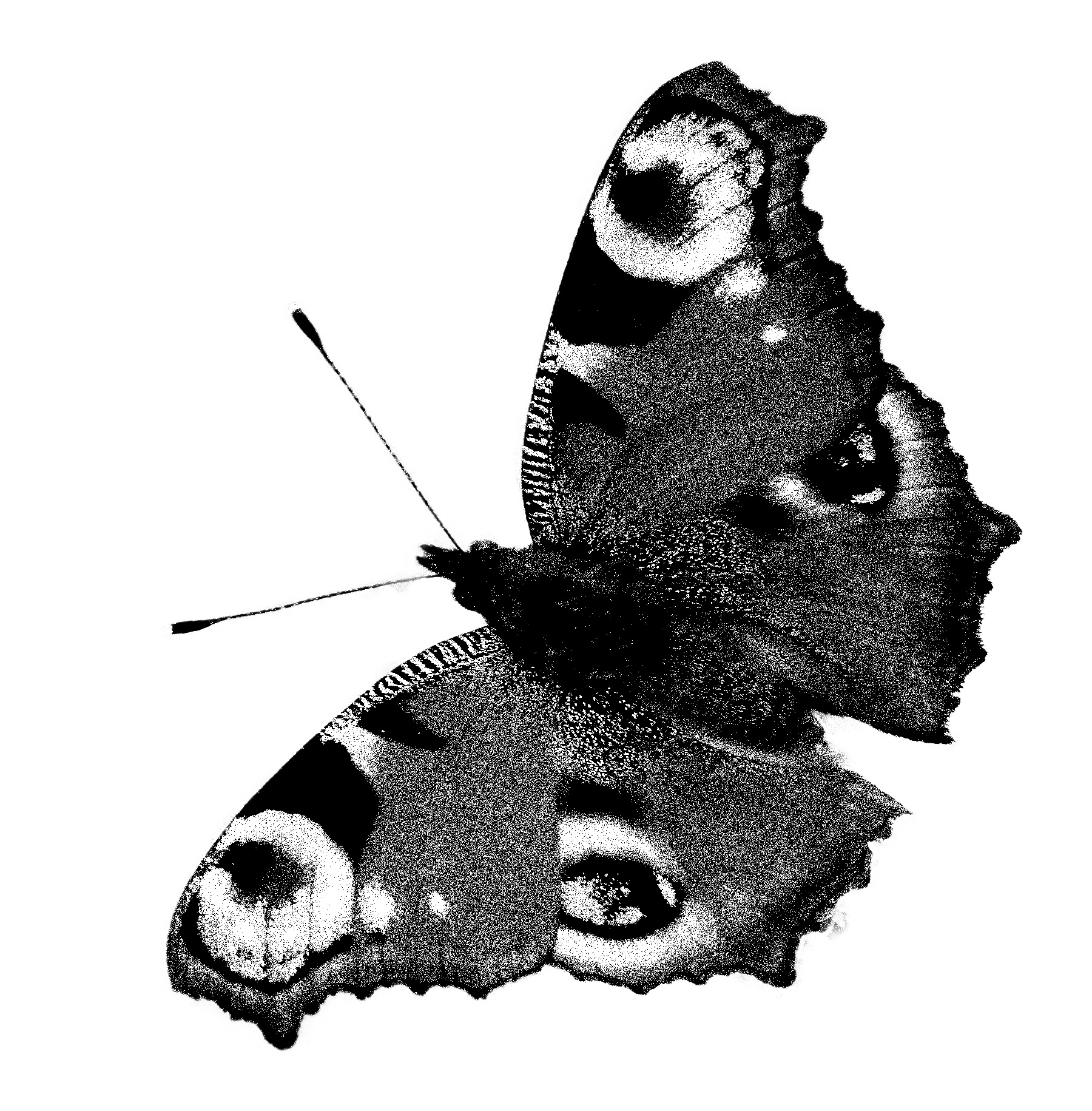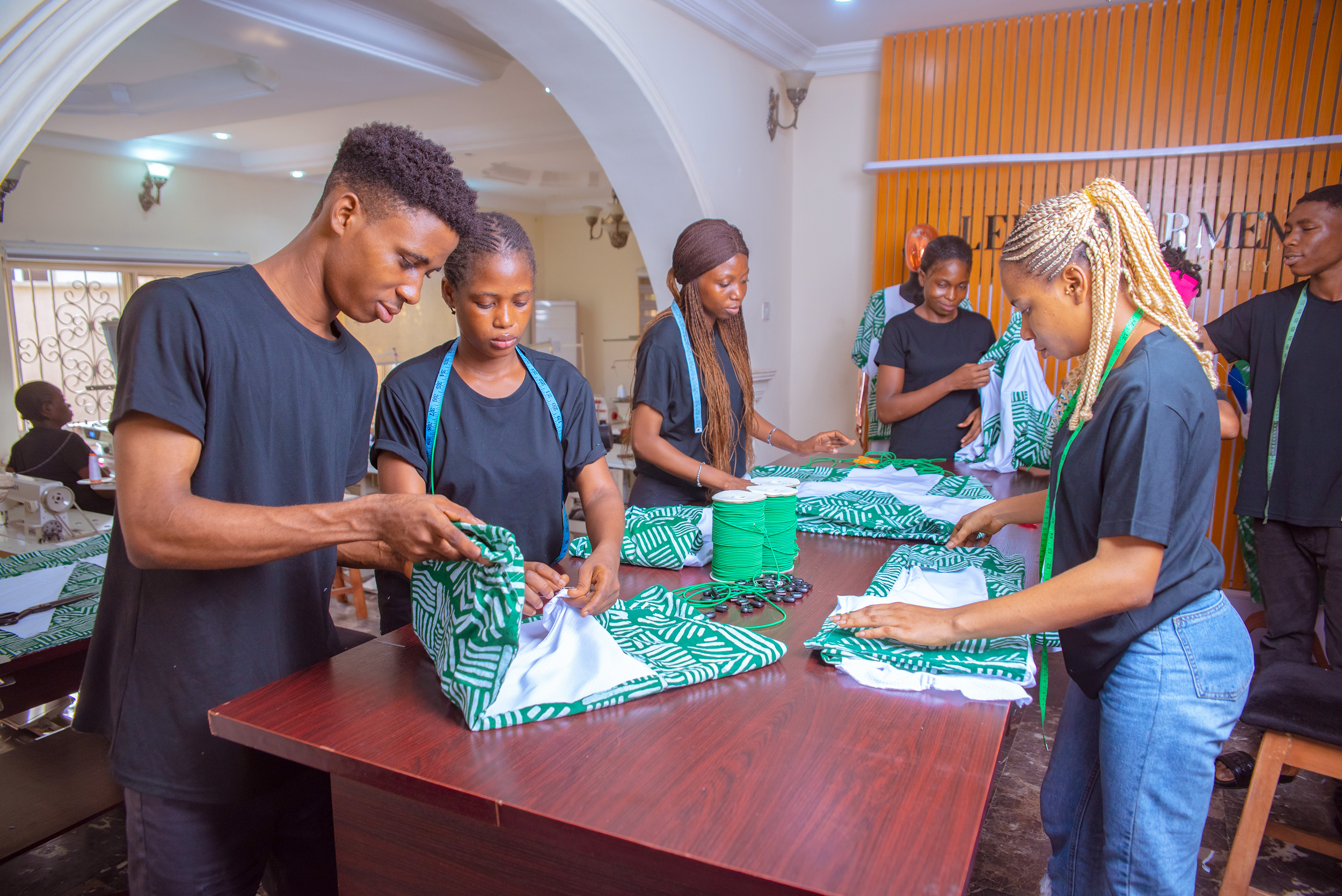S
Stop to think about this: To age “well” is to look or act as though you’re not actually doing it at all. The message we get from the culture at large is that if people can tell we’re getting older, we must be doing it poorly. The vast majority of Americans—87 percent, according to one survey by Pfizer—have a fear of getting older. Is that any way to live?
Aging is a process that begins the moment we are born. None of us can avoid it. So what is it we’re really scared of? Is it sagging skin and graying hair, as the booming plastic surgery and cosmetics industries suggest? Or, more darkly, is it the loss of dignity that often accompanies physical and mental decline?
Jennifer Sasser BS’89, a gerontologist, thinks fear is understandable, but also unfortunate and, moreover, unnecessary. She has devoted her career to studying how we age and to improving the discourse around it. She thinks we can do better. She thinks that will make us happier, that it will help us lead fuller lives. She’s here to show us how.
The simple awareness that we are aging is part of what makes us human. However, the modern study of the biological, physical, and social aspects of aging is quite new. The word “gerontology”—the study of aging—was first coined in 1903, and it would be another four decades before experts in the field formed a dedicated academic society. Just as aging touches upon various aspects of our lives, so does gerontology employ multiple disciplines in the humanities, hard sciences, and social sciences. Yet the first professional school for gerontology was only developed in the mid-1970s, at the University of Southern California. In other words, the study of getting older as still very young.
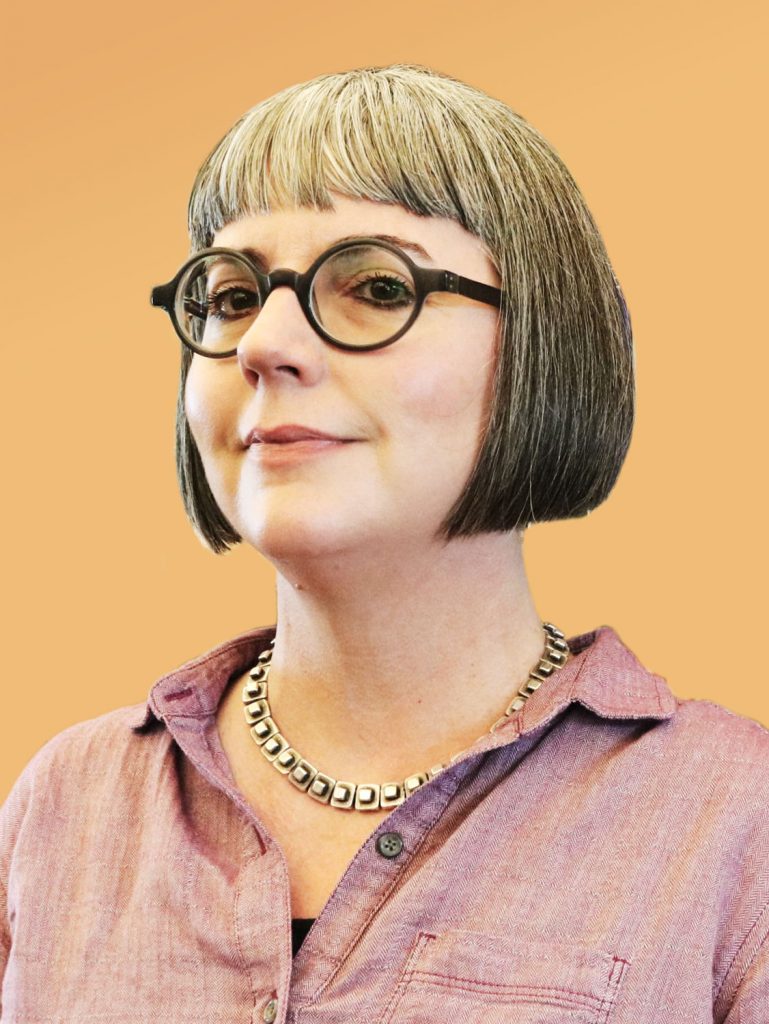
For such a new field, gerontology is hot—and that’s because aging is a growth industry. The U.S. healthcare infrastructure and our social safety nets have been braced for the Baby Boom generation to make its way to its golden years. By 2030, all Baby Boomers will be older than sixty-five. That’s also when, the U.S. Census projects, older people in the country will outnumber children for the first time. It’s not just Americans who are graying; by 2050, roughly 1.6 billion people worldwide will be older than sixty-five.
The people who work under the umbrella of gerontology include hands-on doctors and nurses; scientists looking for better therapies to alleviate age-related conditions; legal and governmental advocates who fight for access to better care and equal treatment; social workers who support the dignity of the elderly, whether at home or in nursing homes; and philosophers who try to take in the big picture of aging and its many aspects.
And Sasser? She’s maybe a little bit of all of these.
••
We asked Willamette alumni, staff members, and children to answer some of the same questions that Jennifer Sasser BS’89 asks in her teaching and research.
What do you appreciate the most about the age you are right now?
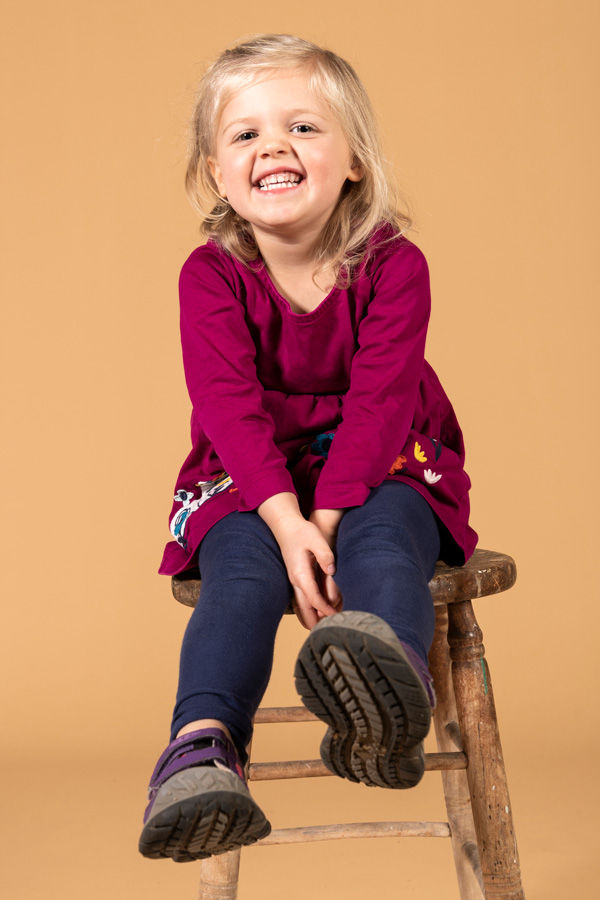
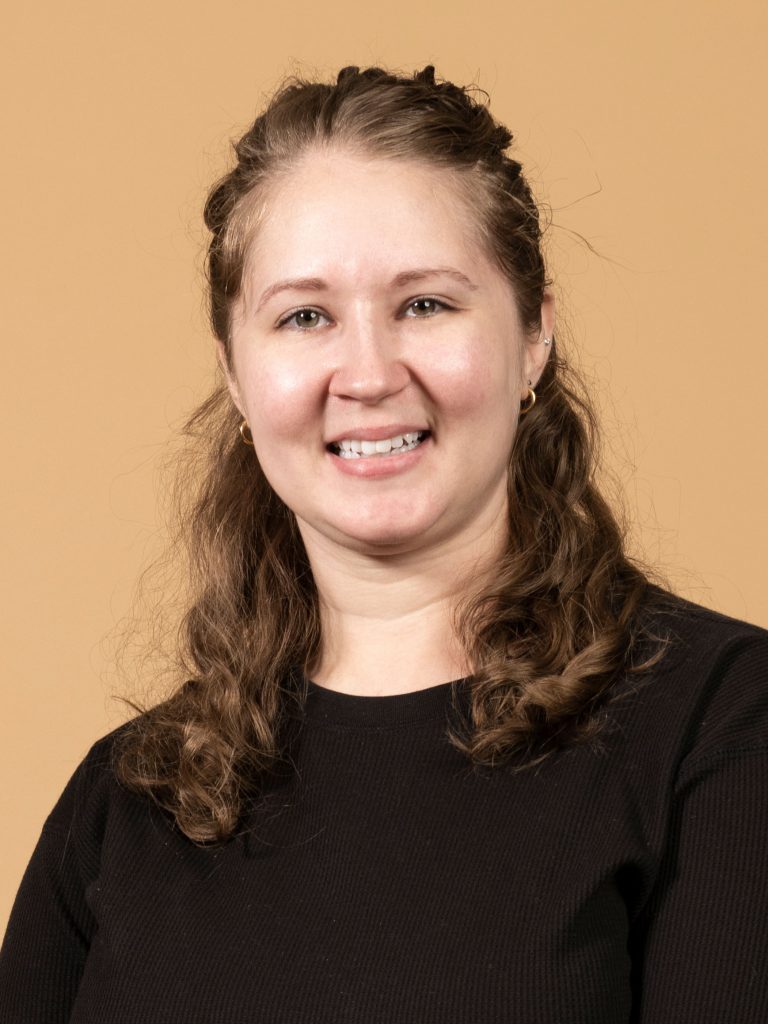
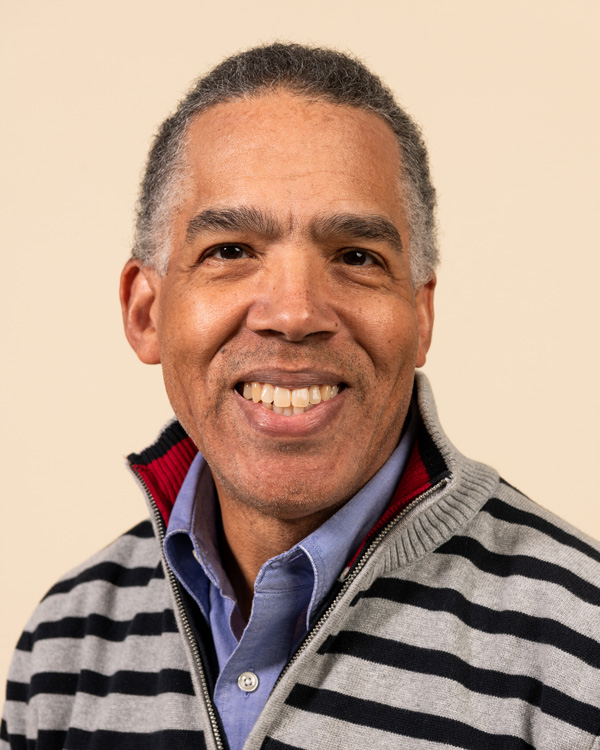
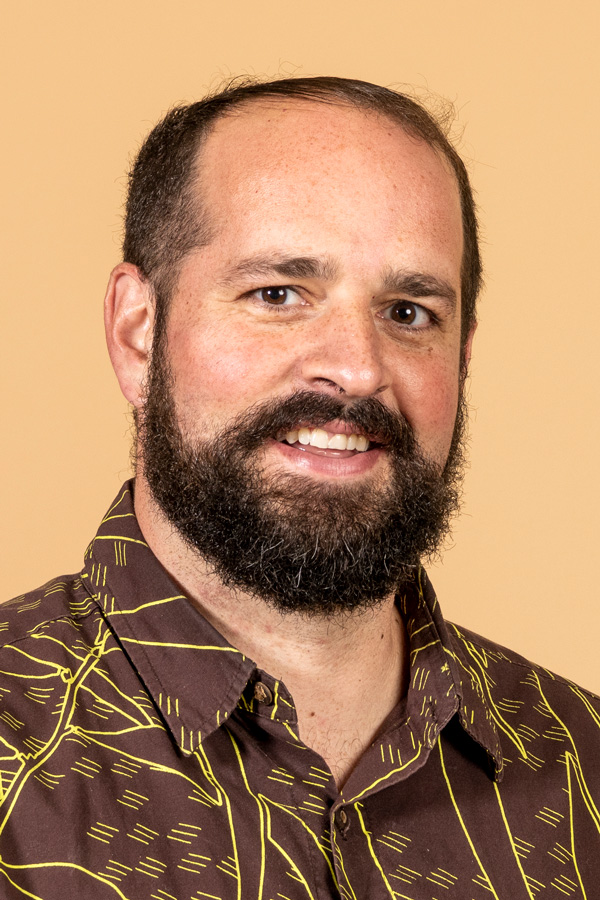
When Sasser arrived at Willamette in the 1980s, she didn’t imagine herself as a future gerontologist. (Let’s face it: few people do.) Back then, she was a music therapy major. But in her first year, Sasser took a liberation theology course. “It changed my life,” she says. For that class, she read Pedagogy of the Oppressed by Brazilian educator Paulo Freire, first published in English in 1970: “It destroyed me and rebuilt me all in one semester,” Sasser recalls, “and that was the most consequential learning experience I’d had in my life.” Sasser had been a musician and dancer throughout her childhood and teen years but felt she didn’t have an intellectual or cultural framework for it. “Once I began to understand things cross-culturally and cross-historically, I had an outlet for my curiosity.” She switched from music therapy to psychology with a music minor.
Sasser took on various jobs to make ends meet throughout her schooling, including getting trained as a certified nursing assistant right out of high school. “I worked in nursing homes to make money during the summer, and also while I was at Willamette,” she says. “I was always attracted to medicine and nursing, and thought I might become a physician or nurse.” What she discovered, though, was that she especially loved caring for older people, even in terrible settings. It felt like such meaningful work.
“I didn’t yet know there was something called gerontology until I was quite far along at Willamette and took a course on sociology of aging,” she says. It turned out to be really hard for her. “I kept getting bad scores on my papers. It was confusing, because I felt like I was so engaged with the older people I took care of and wanted to be of help to them, but the more intellectual aspects of gerontology didn’t make sense to me.” Sasser decided the solution was to dig deeper. She ended up pursuing an interdisciplinary master’s degree at the University of Oregon with a focus on gerontology, which then flowered into a PhD from Oregon State.
Like Sasser herself, the field was just coming of age. In the forty-plus years since the start of the first dedicated gerontology program, dozens more popped up around the country. Sasser founded one herself, at Marylhurst University, south of Portland, and spent many years there as its director until that university closed in 2018. Now she’s at Portland Community College, where she created a course that she believes is the first anywhere to take an intersectional approach to ageism as a form of bias.
“I’m supposed to be on the cheering section for midlife zest,” Sasser says. But she’s the first to acknowledge that aging is hardly easy. “I always feel if I admit it,” she says, “I’m being a bad gerontologist.”
••
No matter where you are in your life course journey, what do you look forward to?
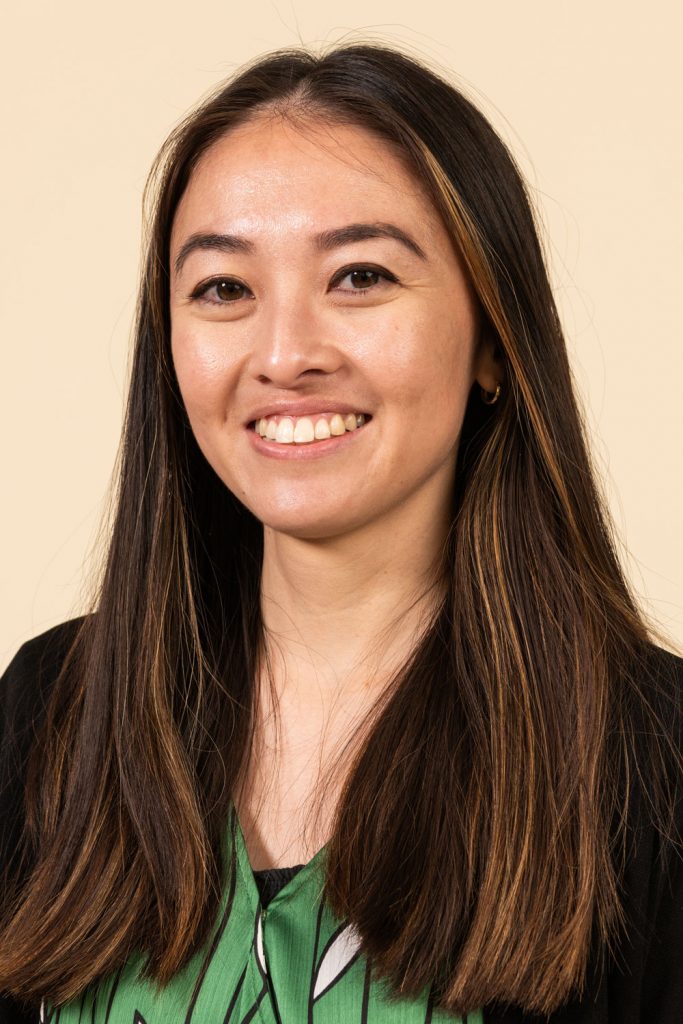
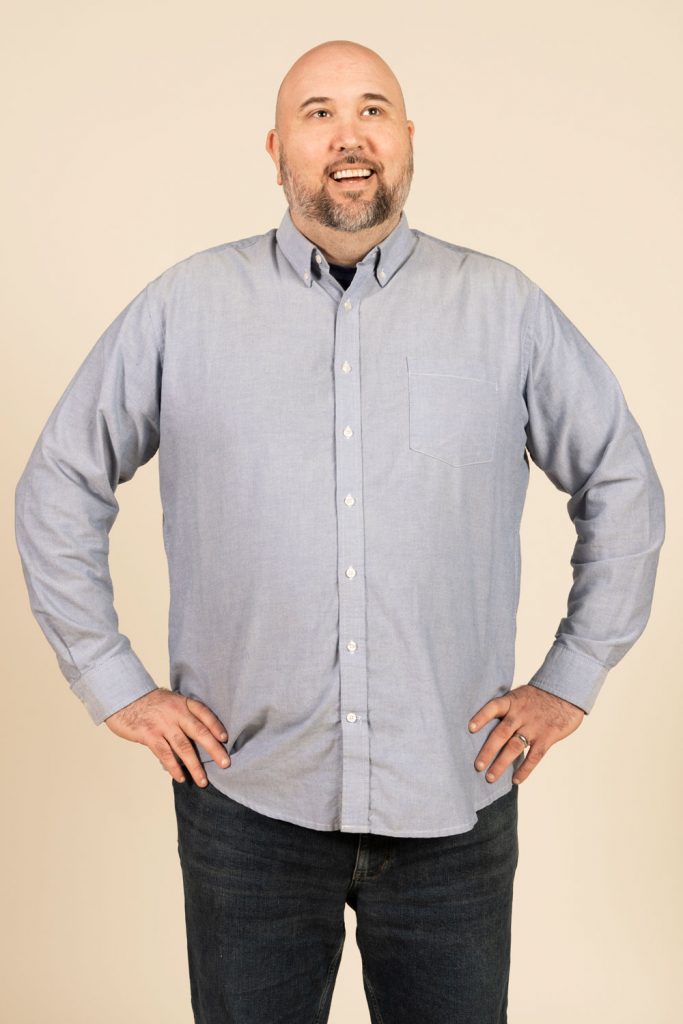
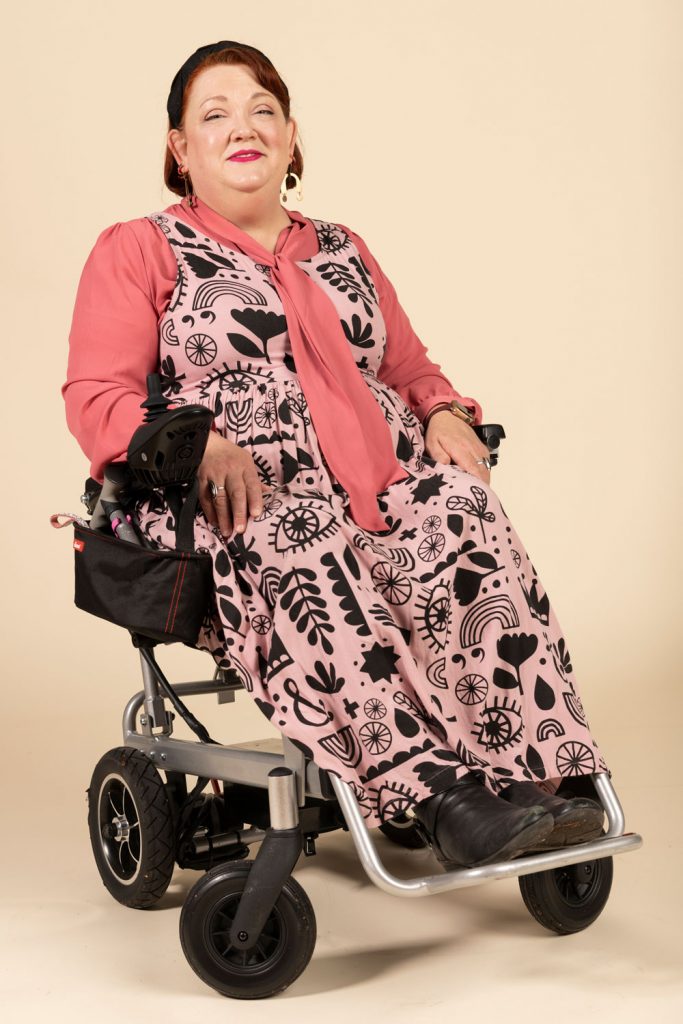
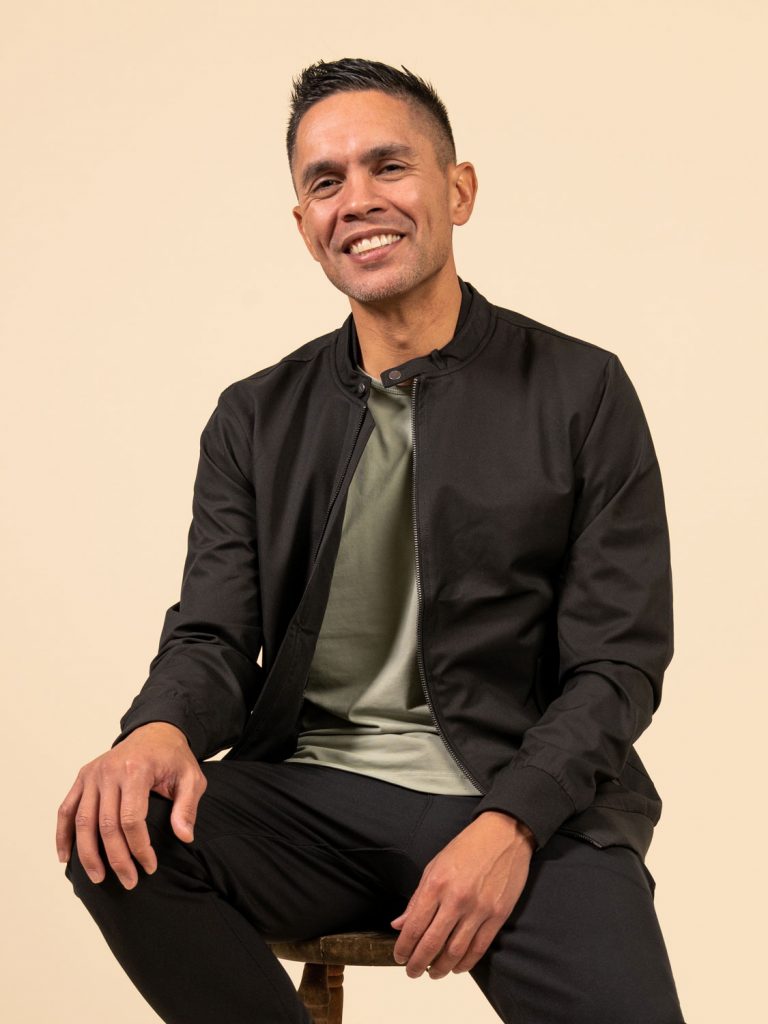
The information around aging can be contradictory and confusing. “It’s no wonder people are confused—it’s confusing,” she says. “Wait, am I not supposed to drink alcohol? Is a glass a day protective or poison? That’s just one example.” Plus, we don’t age in a vacuum: “Age biases and discrimination are embedded in society and culture, and then through policies and practices. Aging intersects with racism, sexism, homophobia, ableism, and other forms of discrimination.”
All this goes back to the big question of her career: How can we truly age well? First, we need to stop trying to avoid it. Second, we need to reframe the question.
Gerontology is not just observing the process of getting older; ideally, it should contribute toward improving the experience, to making life better for people across age groups.
“When you think about the political economy of it all, the marketing money and products and big business and global consumer capitalism—that’s about selling particular ideas,” Sasser says. “Countering all of that, helping people to consume information in ways that will actually benefit them? That’s really, really challenging, but I think it’s extremely important. And fundamentally it boils down to: What gives our life purpose and meaning?”
Here’s Sasser’s advice: whatever your age, take time to reconsider what’s gotten you to where you are now.
“What matters the most to you? There will be things that abide. Things that were important to me as a little girl are still important to me. But there are also new things that are important to me, and my values have shifted as I have gotten older,” she says. “So, you need to ask really good questions: What’s nonnegotiable in terms of purpose and meaning? And where is there room to adapt and compensate? Start with those questions. Those are the best questions.”
Big picture, she says, aging is about developing deeply as human beings. “The stuff about what happens to our bodies—what can we do to modify risk factors and maximize well-being—those are very important questions, but they’re important because they have to do with how well we can travel through the very farthest reaches of our life’s course, and how well we’ll be able to be a part of the community and do things we want to do that make life meaningful,” she says. “You’ve got to have a body that can function pretty well. But none of us escapes leaving the planet through death. So what do we have purview over and what don’t we?”
Answering that question, for Sasser, involves a meta approach to the entire field. She talks to colleagues in the profession, for example, about how ageism is not only a problem outside of gerontology, but within it too. “How do we think critically and reflect on the ways that we have internalized those ideas about aging people, the very people we claim to do our work on behalf of?” she asks. “How do we—quite unconsciously—perpetuate a certain way of thinking about what’s possible as we grow older? It’s not like I have original ideas, by any means, but I do have a commitment to always standing back and saying, first of all, that gerontologists are not immune to ageism. We need to be more emotionally and intellectually honest.” If gerontologists can recognize ageism in their work, maybe that will help the rest of us recognize it in ourselves, too—and get out of our own way as we think about what the problems with aging really are, rather than what we expect or fear them to be.
••
What does your future older self want to tell your present self?
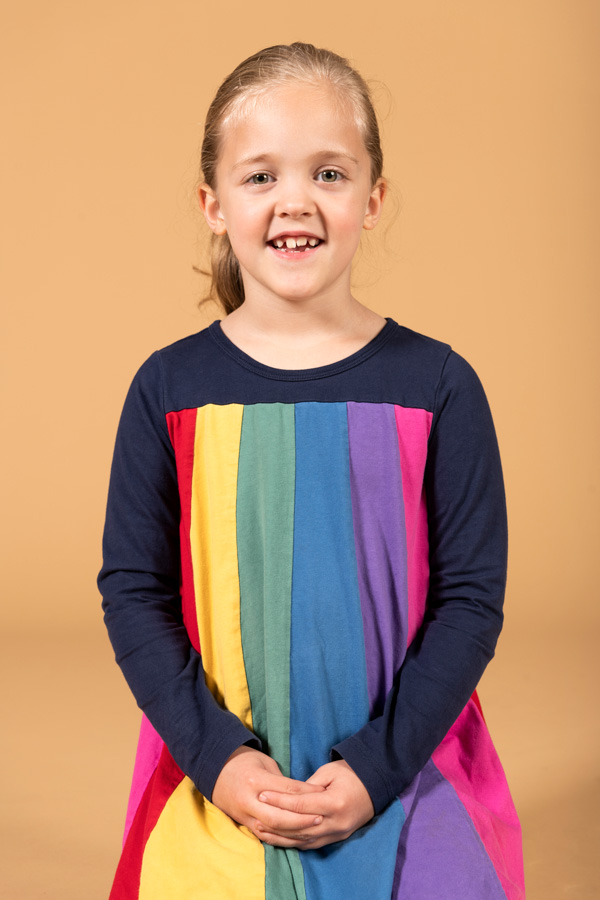
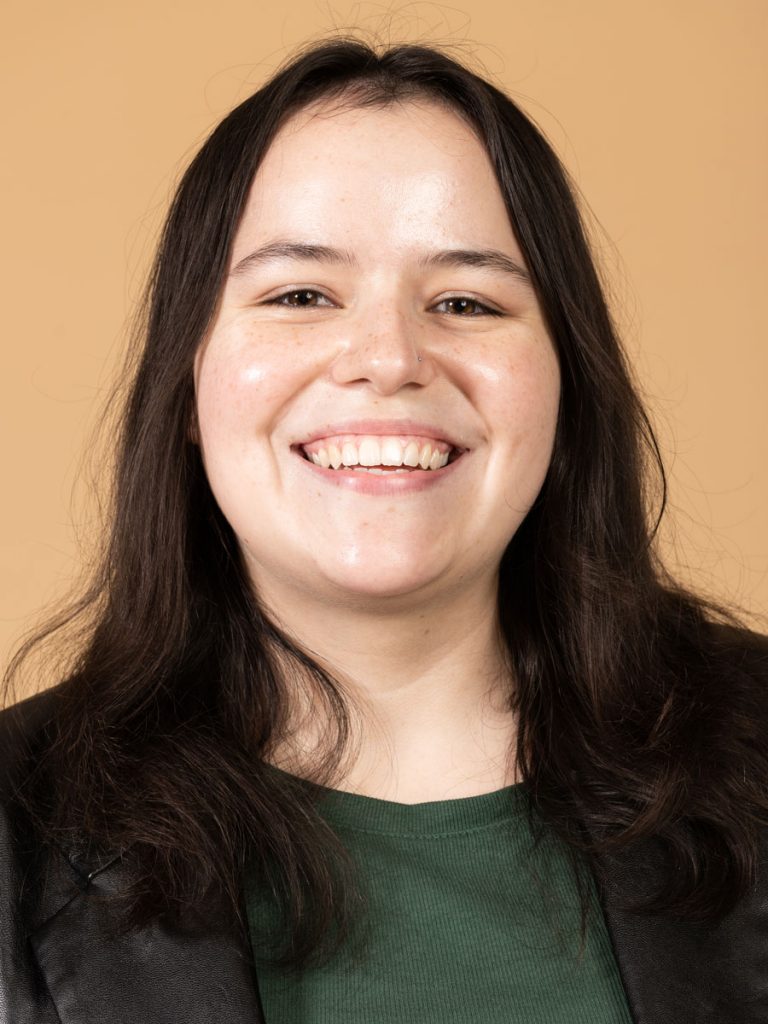
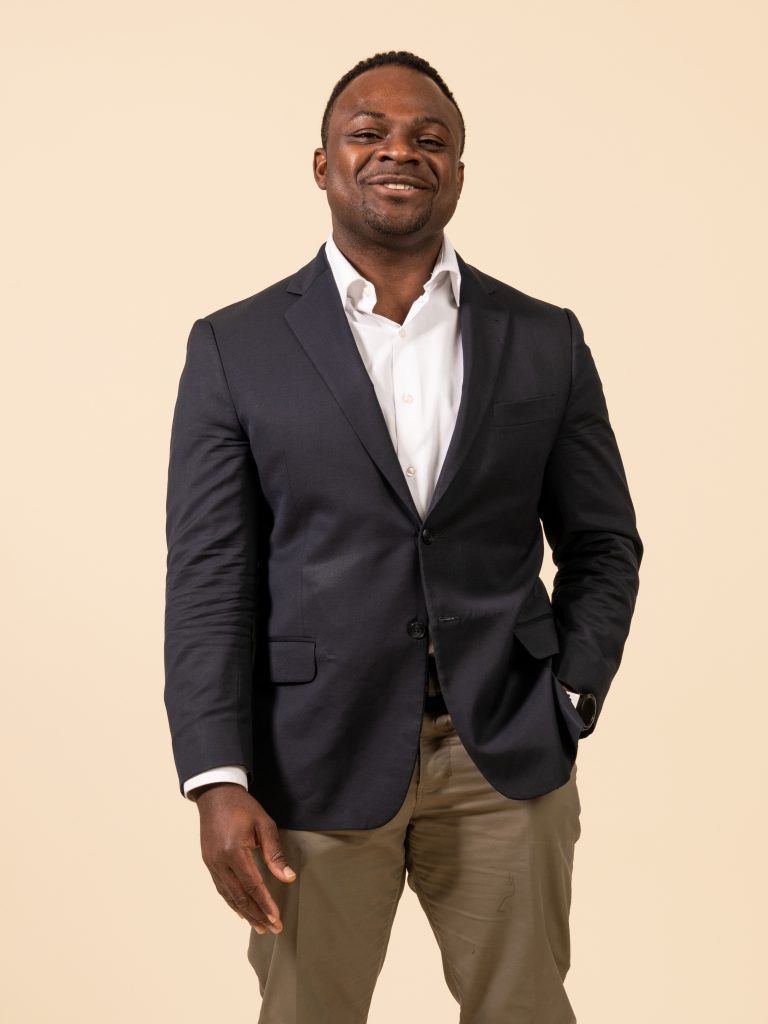
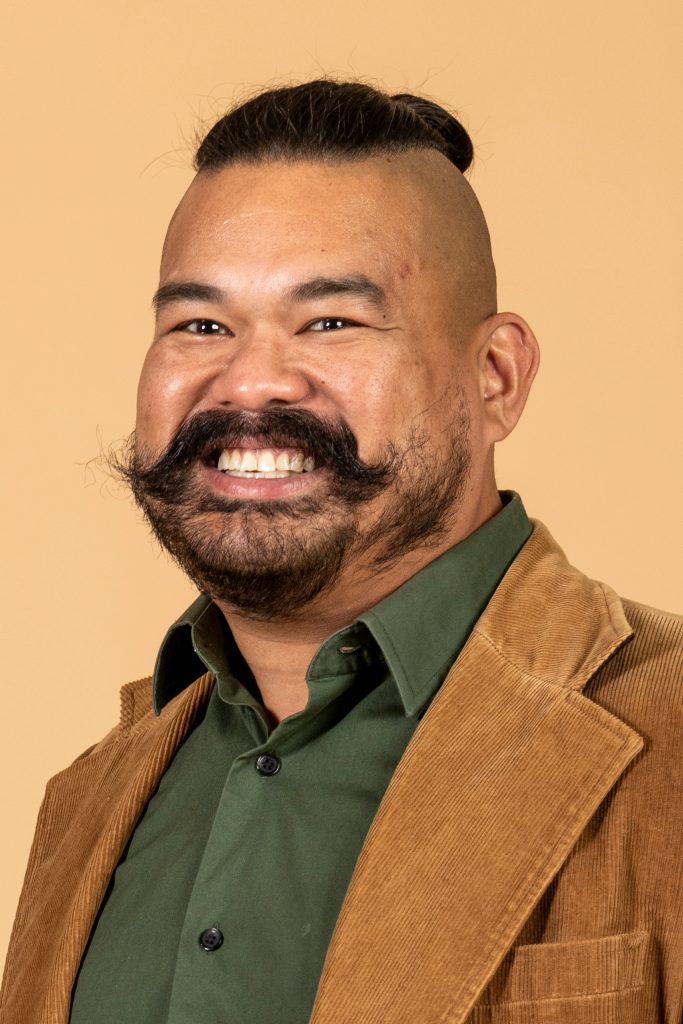
In case it wasn’t clear, Sasser is an expert with a healthy suspicion of “expertise,” including her own. “I am not myself an older person yet, so I cannot be an expert on what it’s like to be in that phase of the life course until I live it,” she says. “We’re not just floating in space, we’re embedded in communities, socio-cultural global historical contexts that shape our experiences. Plus, I know the research, and I’ve got to say, it doesn’t matter. At the end of the day, there are all these stories. All that matters is our experience.”
She’s not talking about dying. “Aging is not the same thing as dying,” Sasser insists. “So much of the discourse is around optimal aging. Either it’s ‘Defy aging,’ as if aging is a disease to cure, or it’s ‘Do these things and you’ll live forever.’” If you’re really going to study aging, however, you’ve got to look at the experience from zero on up, as aging is something we do from the very moment we are born.
To that point, she has another lesson to share in how to reframe the idea of aging—perhaps the most important of all. “Aging is actually living! To be alive is to age—it’s the human journey.” And that journey is about more than what happens in our bodies. It’s—well, in a way, it’s everything. “It’s what happens to our consciousness, to our mind, to how we feel, to how we engage with other creatures, human and otherwise.”
If you could share a secret with your younger self, what would it be?
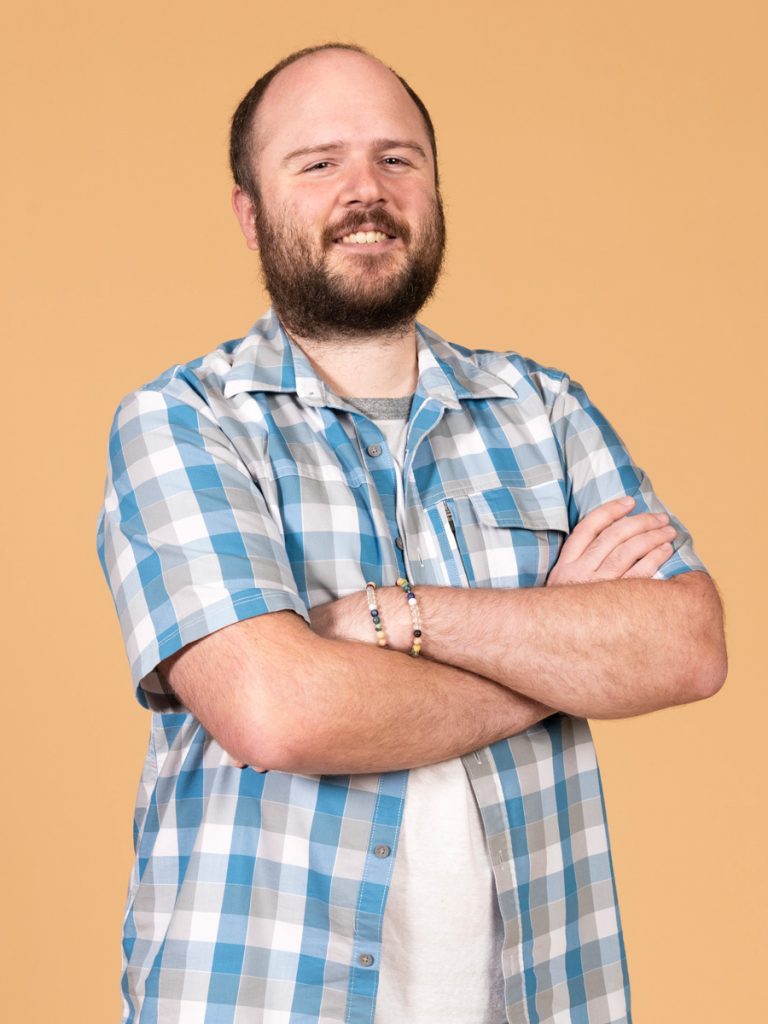
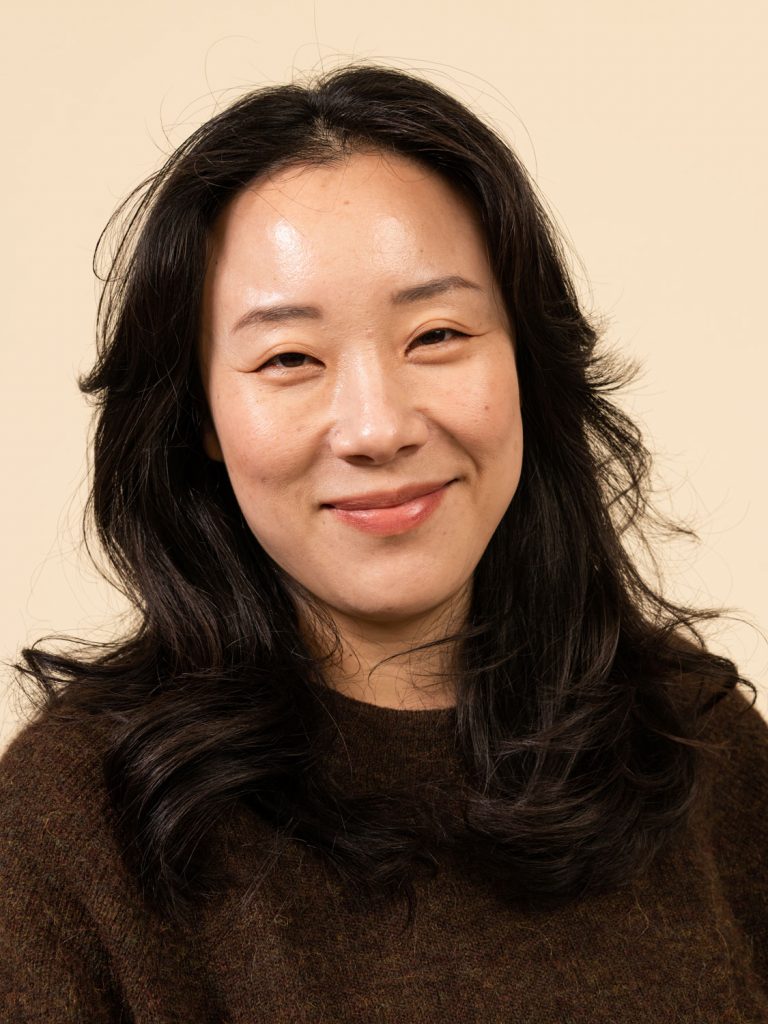
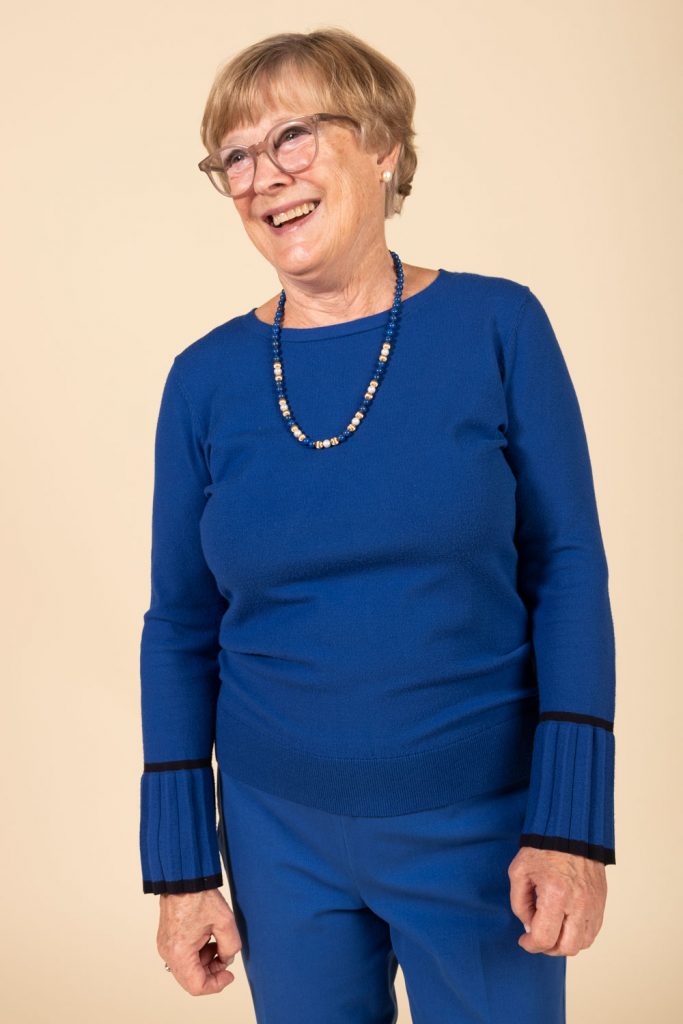
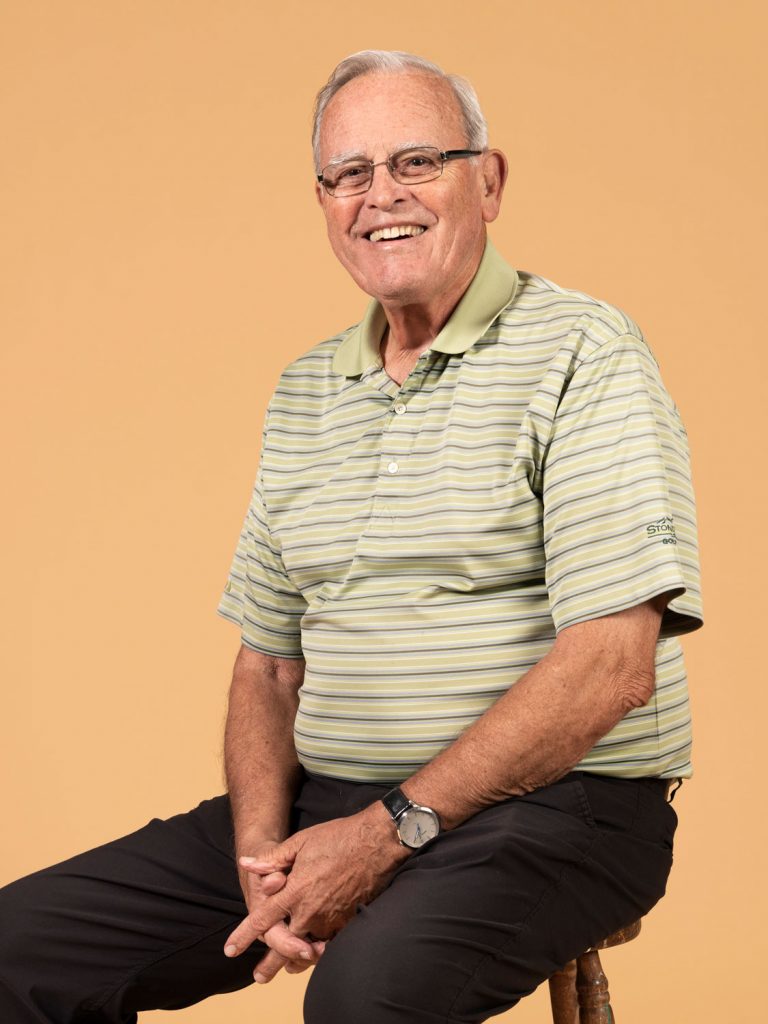
As Sasser has grown older herself, she feels a poignancy that is not only about where she is in her own life course, but also in relation to those ahead of us in the future and behind us in history. “What is my responsibility?” she asks. “What will I step into and take responsibility for?” For those in midlife, people of her generation, “one thing we can say is that we’re caught in the middle of people ahead of us and people behind us. All of gerontology has formed around the boomers, as if they’re the only generation growing older. The millennials are a bigger age cohort, and in between are Gen-Xers. We have to see multiple cohorts living at the same time and traveling through time. Does it matter what generation you’re embedded in? Yes and no. Take, for example the climate crisis. I’m pretty obsessed with that. My kids’ generation and those below them: what legacy am I leaving for them?”
We each pass the exact midpoint of our life without realizing it; we can’t know in advance how long our particular path will be. “Aging is universal,” Sasser says, “but also exquisitely individual, and unfolds within an individual’s lived experience across the life course. I’ve never been dissuaded from being interested in and learning about complex questions that are best addressed across multiple disciplines, and I feel really lucky about that. That’s at the heart of everything I’ve done.”
If that sentiment is not the fountain of youth, it may at least be the key to aging well.
••
Naomi Shulman’s writing has appeared widely, including in The New York Times, Parents, and Real Simple.
